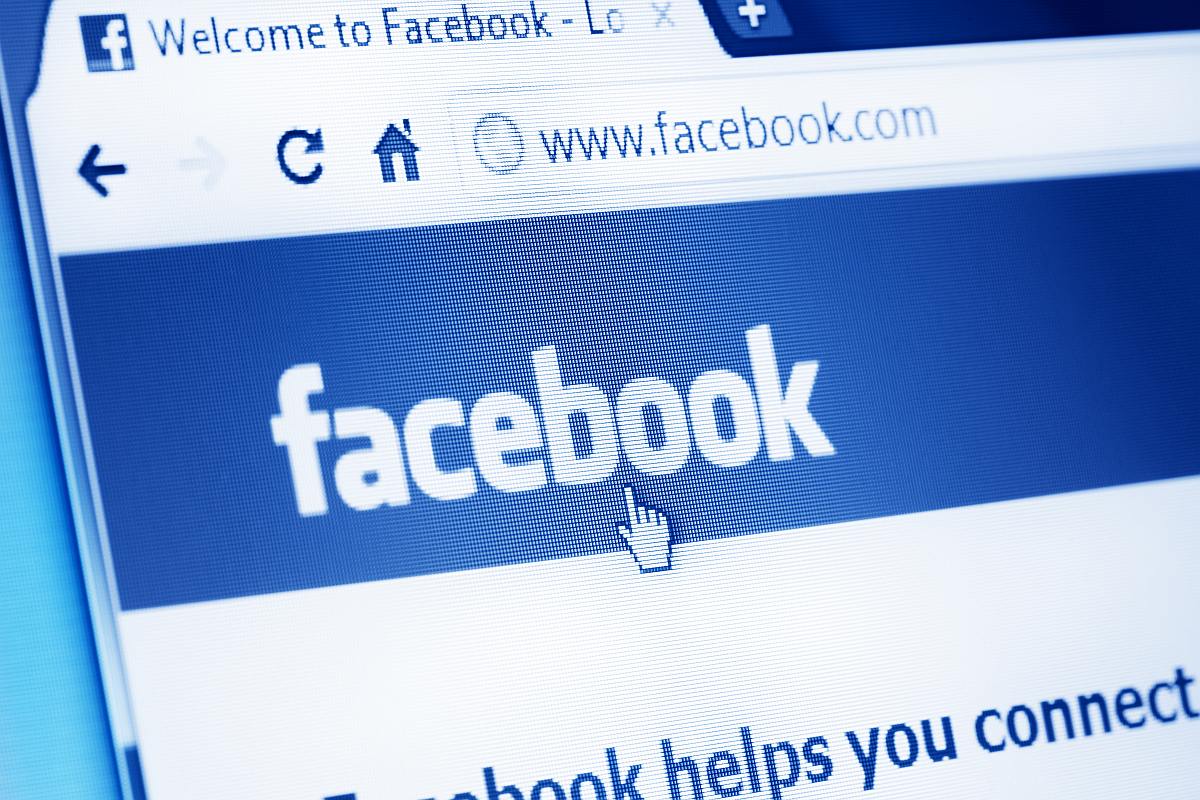Rajkummar-Triptii’s ‘97% parivarik’ film ‘Vicky Vidya Ka Woh Wala Video’ to release on Oct 11
Rajkummar Rao on Tuesday announced that his upcoming '97 per cent parivarik' film 'Vicky Vidya Ka Woh Wala Video' will be released on October 11.
Post 2016 US Presidential elections social media companies are facing immense pressure to take responsibility for the content that is shared on their platforms.

this year alone Facebook has publicly announced 14 takedowns of "inauthentic behaviour" originating from 17 countries so far. (Photo: iStock)
In a first public disclosure of a covert influence campaign run by a government, Facebook announced that it has removed 350 accounts and pages with over 1.4 million followers that originated from Saudi Arabia, the United Arab Emirates, and Egypt.
“Although the people behind this activity attempted to conceal their identities, our review found links to individuals associated with the Government of Saudi Arabia,” Nathaniel Gleicher, Head of Cybersecurity Policy at Facebook, said in a statement late on August 1.
The social networking platform found two separate operations, one of which originated in the UAE and Egypt, and another in Saudi Arabia.
Advertisement
“The two campaigns we removed were unconnected, but both created networks of Accounts to mislead others about who they were and what they were doing,” said Gleicher.
Facebook removed 217 Facebook Accounts, 144 Facebook Pages, five Facebook Groups and 31 Instagram Accounts originating from Saudi Arabia that focused primarily on the Middle East and Northern Africa, including Qatar, Saudi Arabia, UAE, Bahrain, Egypt, Morocco, Palestine, Lebanon and Jordan.
By using fake accounts posing as citizens of those countries and pages designed to look like local news outlets the operation tried to misinform its consumers. Facebook also revealed that more than $100,000 was spent on advertisements for these campaigns.
The Page admins and Account owners typically posted in Arabic about regional news and political issues, including topics like the Crown Prince Mohammad bin Salman, his economic and social reform plan ‘Vision 2030’ and successes of the Saudi Armed Forces, particularly during the conflict in Yemen,” Facebook informed.
They also frequently shared criticism of neighbouring countries including Iran, Qatar and Turkey, and called into question the credibility of Al-Jazeera news network and Amnesty International.
About 1.4 million Accounts followed one or more of these Pages and around $108,000 spent on Facebook and Instagram ads paid for in Saudi riyal and US dollars, said Facebook.
Facebook also removed 259 Facebook Accounts, 102 Facebook Pages, five Facebook Groups, four Facebook Events and 17 Instagram Accounts from the UAE and Egypt for engaging in coordinated inauthentic behaviour focused on a number of countries, primarily in the Middle East and some in North and East Africa.
“The people behind this network used compromised and fake accounts, the majority of which had already been detected and disabled by our automated systems, to run Pages, disseminate their content, comment in Groups and artificially increase engagement,” informed Gleicher.
These accounts also impersonated public figures and managed Pages, some of which changed names and admins, posing as local news organisations in targeted countries and promoting content about UAE.
“Although the people behind this activity attempted to conceal their identities, our investigation found links to two marketing firms, New Waves in Egypt and Newave in the UAE,” said Facebook.
More than 13.7 million Accounts followed one or more of these Pages. “About $167,000 spent on Facebook ads were paid for primarily in US dollars and Emirati dirhams,” said Facebook.
The removed Accounts also included 48 Instagram Accounts involved in coordinated inauthentic behaviour.
Post 2016 US Presidential elections social media companies are facing immense pressure to take responsibility of the content that is shared on their platforms. According to Reuters, this year alone Facebook has publicly announced 14 takedowns of “inauthentic behaviour” originating from 17 countries so far, including Russia, Honduras, Thailand, and Ukraine.
Advertisement